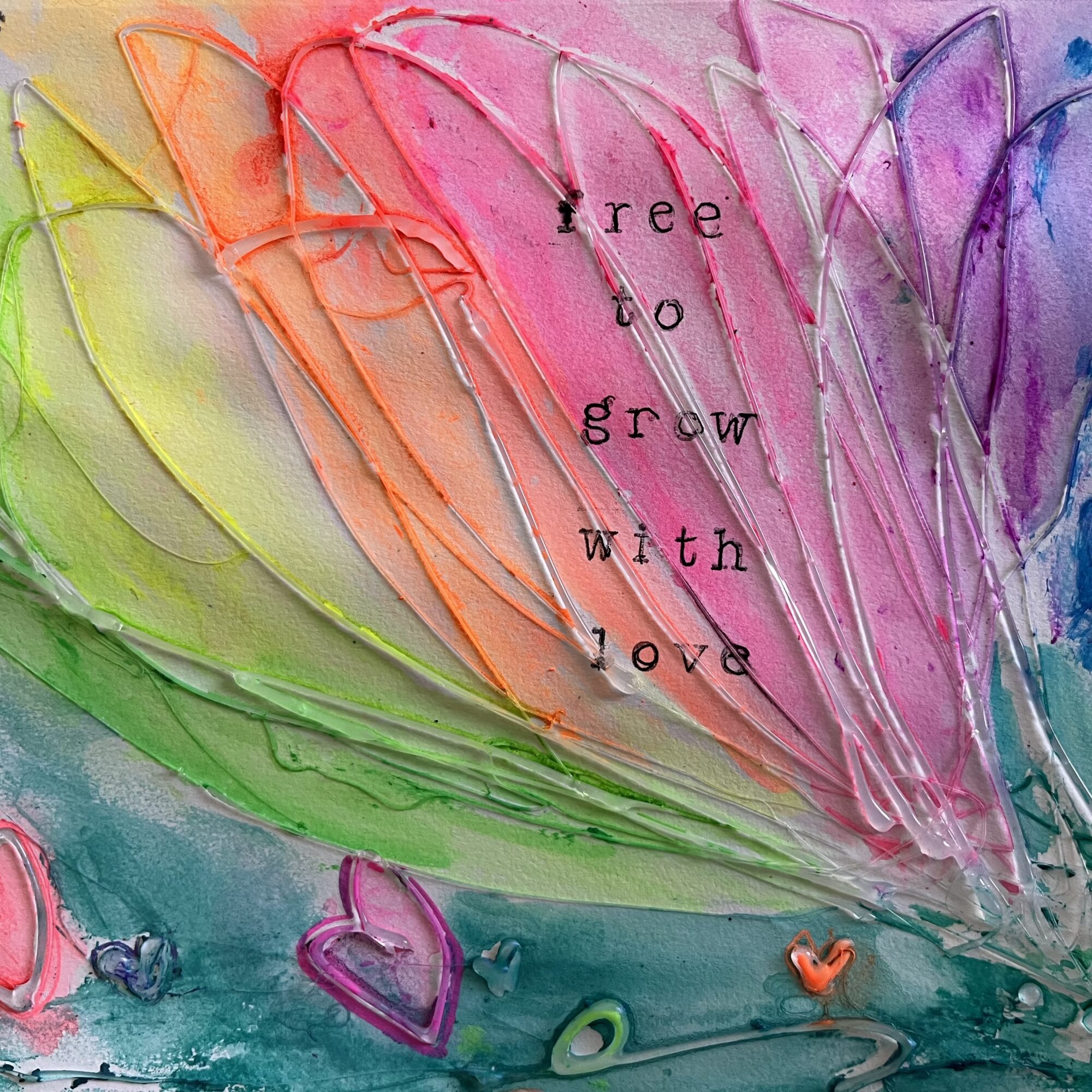From time to time, sisters reach out to ask me what exactly psychotherapy is so I thought I’d take a moment to share some thoughts.
Psychotherapy is a form of therapy that is intended to help people improve and maintain their mental health and wellbeing. Registered Psychotherapists (RPs) work with individuals, couples and families in individual and group settings. Psychotherapy occurs when the Registered Psychotherapist and client enter into a psychotherapeutic relationship where they work together to bring about positive change in the client’s thinking, feeling, behaviour, and social functioning. Individuals usually seek psychotherapy when they have thoughts, feelings, moods and behaviours that are adversely affecting their day-to-day lives, relationships, and their ability to enjoy life.
Registered Psychotherapists are authorized to perform the controlled act of psychotherapy. By definition in the Regulated Health Professions Act, the controlled act of psychotherapy involves five elements:
- Treating,
- by means of psychotherapy technique,
- delivered through a therapeutic relationship,
- an individual’s serious disorder of thought, cognition, mood, emotional regulation, perception or memory that,
- may seriously impair the individual’s judgement, insight, behaviour, communication or social functioning (RHPA 1991).
All five elements must be present for an activity or intervention to fall within the controlled act of psychotherapy. RPs use their knowledge, skill, and judgement to determine whether their client’s condition is serious. They do this by considering the client’s own assessment, the RP’s own clinical assessment, and/or the assessment by another care provider.
When you choose a RP as your care provider, you should expect:
- A conversation about the benefits, risks and expected outcomes) of the psychotherapy and the opportunity to give your informed consent.
- A clearly communicated, mutually agreed upon goal or plan for the psychotherapy.
- Each therapy session has a clear beginning and a clear end where problems or concerns are presented and discussed and outcomes are explored.
- The RP demonstrates the appropriate use of boundaries to create a safe and confidential environment
What makes an effective psychotherapeutic relationship? The client-psychotherapist relationship is the foundation of psychotherapy. This psychotherapeutic relationship is central to the provision of safe, effective and ethical care. Psychotherapeutic relationships are based upon trust and the development and maintenance of appropriate and professional boundaries established in a confidential environment.
In an effective psychotherapeutic relationship:
- your well-being is at the forefront;
- you will work with your RP gathering relevant information that will support the formulation of a plan for psychotherapy;
- there will be continuous evaluation of outcomes of each session and the impact on overall treatment goals;
- your RP will practise safe and effective use of self;
- your RP will adhere to the standards of practice for the profession.
